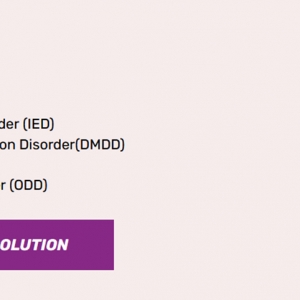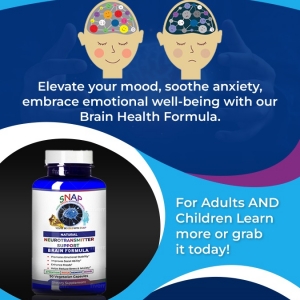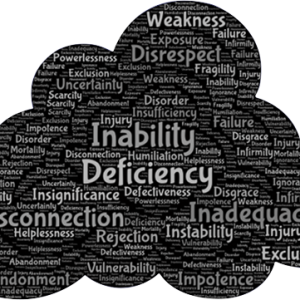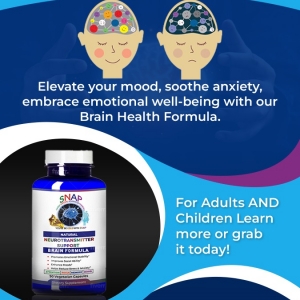Emotional dysregulation, one of the less obvious symptoms of ADHD, is also one of the main reasons for ADHD misdiagnosis. Strong emotional dysregulation symptoms can match those of posttraumatic stress disorder, bipolar disorder, depression, and borderline personality disorder.
What is emotional dysregulation?
Inability to control your emotions might result in strong or exaggerated reactions that are unsuitable for the situation is known as emotional dysregulation adhd. Among other things, key signs and symptoms include:
· emotional reactions that don't seem to correspond to their source
· unable to calm down, even when you are aware that you are reacting excessively
· low threshold for discomfort or annoyance
· unstable or prone to fits of irrationality
· feeling completely overwhelmed by your emotions
· a problem in focusing on anything other than the feeling
Emotional Dysregulation's Effects on Every Aspect of Life
One of the least talked about symptoms of ADHD is emotional dysregulation, which can also be the most problematic. The ability to manage your emotions will be extremely helpful in any career that demands you to engage with customers or operate in a team. Being the "hypersensitive" or "temperamental" coworker can be annoying at work and detrimental to your ability to advance in your career.
Minor irritations in social encounters, like the sound of chewing or the way your partner fills the dishwasher, can set off explosive emotions that make your friends and family avoid you. Additionally, it might mentally lead to a great lot of insecurity and uncertainty about your feelings. If your overreactions and impulses have caused you harm in the past, it may be challenging to trust any of your emotions, even those that are more situationally appropriate. While science has shed light on the parts of the brain accountable for emotional dysregulation, researchers aren’t quite sure what part is disrupted.





